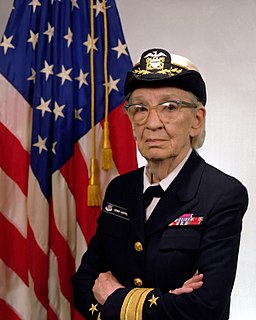A Quote by Abby Martin
The majority of the wealth of human knowledge is owned by a few publishing companies that hoard information and make billions off licensing fees, although most scholarly articles and journals are paid for by taxpayers through government grants.
Related Quotes
With my human rights advocacy, that's always been through my writing. I've always tried to write articles and contribute to journals and a lot of online journals - about human rights, especially Palestinian human rights. I find the time to do things to do things I'm passionate about, because I find enjoyment in them. I just have to juggle.
I suspect that the peer-review system carries a good part of blame for the fact that something like sixty percent or more of journal articles are never quoted (which means leaving no trace on our joint scholarly pursuits), and (in my reception at any rate) the "learned journals" (with a few miraculous exceptions that entail, prominently, TCS) ooze monumental boredom.
If wealth is accumulated in the hands of a few, either by a feudal or a stock monopoly, it carries the power also; and a government becomes as certainly aristocratical, by a monopoly of wealth, as by a monopoly of arms. A minority, obtaining a majority of wealth or arms in any mode, becomes the government.
The great problem with corporate capitalism is that publicly owned companies have short time horizons. Unlike a privately owned business, the top executives of a publicly owned corporation generally come to their positions late in life. Consequently, they have a few years in which to make their fortune.
All taxpayers feel a tremendous sense of frustration as they see many tens of billions of dollars of bonuses paid to the same mega banks that were on the brink of bankruptcy and were only saved by massive government rescue money and support. We are not satisfied by the fact that many of them have paid the money back, nor should we be.
A tiny portion of the population controls the lions share of the wealth and most of the command positions of state, manufacturing, banking, investment, publishing, higher education, philanthropy, and media... these individuals exercise a preponderant influence over what is passed off as public information and democratic discourse.
China has national security laws that compel Chinese companies to provide the government with information and access at their government's request. And virtually all Chinese companies of any size are required to have Communist Party 'cells' inside them, to make sure the companies stay in line with the party's principles and policies.
I have no trouble publishing in Soviet astrophysical journals, but my work is unacceptable to the American astrophysical journals.
[Referring to the trouble he had with the peer reviewers of Anglo-American astrophysical journals because his ideas often conflicted with the generally accepted or “standard"” theories.]

































